Maintaining an inventory of what’s in your fridge and pantry is important for managing your kitchen, but inevitably, some foods may go bad before you can consume them. This may happen if storage conditions are less than ideal or a power outage suddenly occurs. It is easy to identify food that has begun to change its appearance or smell bad, but looking and smelling fine doesn’t necessarily mean that it’s still safe to eat. To reduce your risk of food poisoning, follow this guide for when to keep and when to throw out common food items.
Cooked Rice
As a common staple food in the Philippine, rice is almost always present in the Filipino kitchen. Some households cook up a big batch to eat throughout the day, and while this is a great time-saving food hack, the cooked rice needs to be stored properly to prevent bacterial growth. If your rice cooker has a stay warm function, use this to keep the cooked rice ready to eat while also maintaining it at a safe storage temperature. Otherwise, allow the rice to cool after cooking, then store it in the refrigerator within two hours.
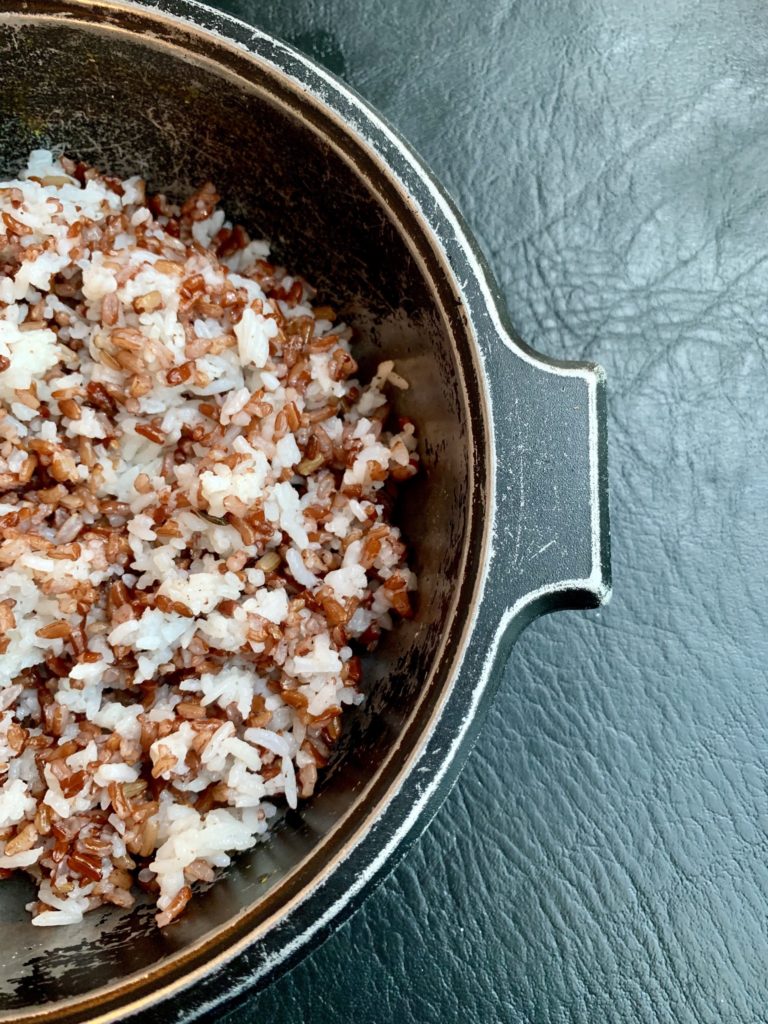
Rice can be safely stored in the fridge for up to four days. However, if it gets too hard and dry or turns yellow, it’s safer to toss that batch out and cook a new one instead.
Leftover Meals
Unless you’re cooking exact portions or have very hungry family members, chances are that there will be leftovers from your meals. Some dishes may even taste better the next day, once all the ingredients and flavors have had more time to come together. As long as the food has been handled hygienically, meaning that it hasn’t made contact with saliva or utensils that had been used for eating, most foods are safe to store in the fridge for up to four days. You can even store the leftovers in individual servings to make reheating easier.
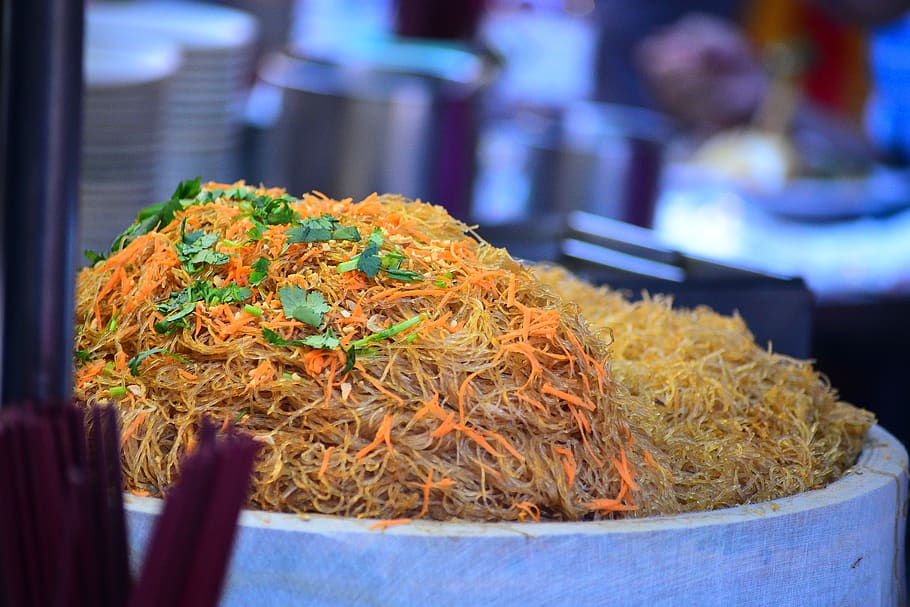
However, it’s important to note that dishes have different shelf lives based on what ingredients they were made with. Dishes with ingredients like coconut milk tend to spoil easily and must be consumed within a day or two. In contrast, some ingredients have preservative properties. This is why vinegar is the preferred souring agent for many a dinuguan recipe, as it also helps prevent spoilage.
Fresh Milk
Buying milk by the gallon is more economical than the small tetrapaks, but do make sure you have proper storage available. You can follow the expiry dates listed on unopened milk cartons as long as you store them in a dry and cool place. If you notice bloating or leaking, though, throw it away even if you haven’t used the milk yet.
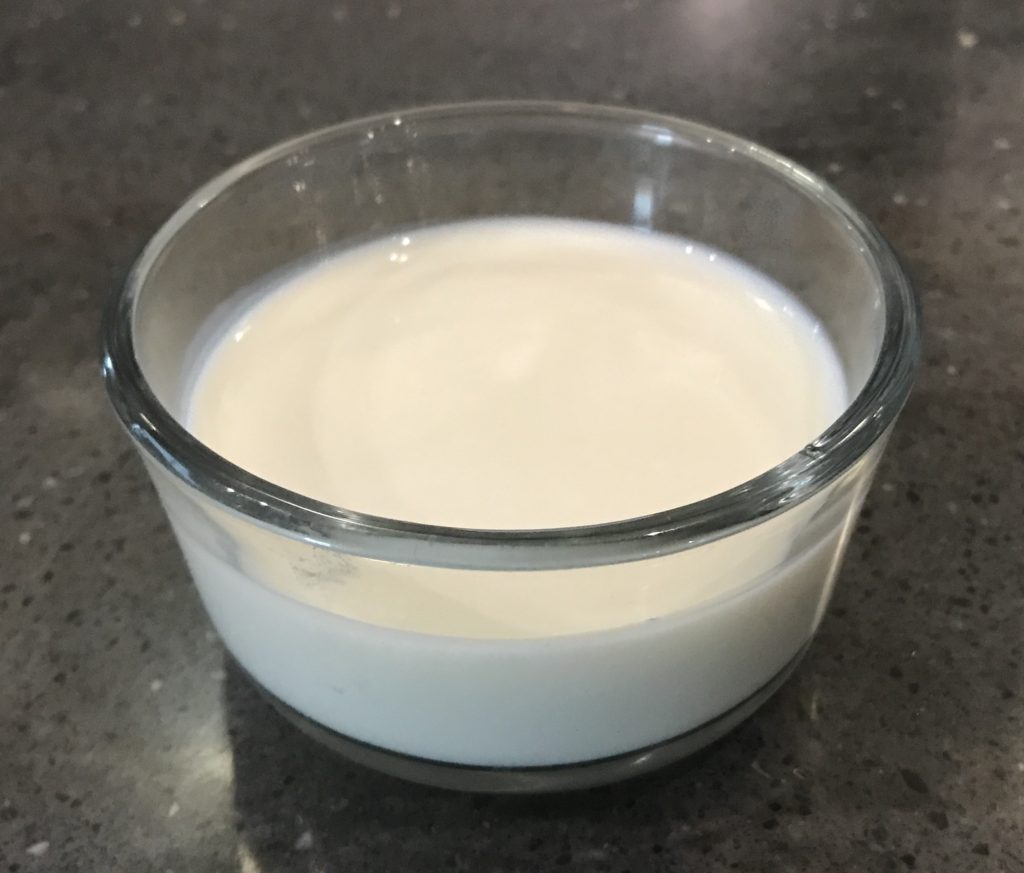
Once the milk pack is opened, store it on the middle shelf towards the back of your fridge. This is often the coolest part of the fridge and will help your milk stay fresh for longer. Never store milk in the door shelf as this area gets exposed to warm air every time you open the fridge. It’s best to consume fresh milk within seven days of opening, but if you won’t be able to finish it in a week, freezing it will help prolong its lifespan.
Eggs
Throw away any eggs that have a crack, even a miniscule one, as this can put you at risk of getting salmonella infection. A bit of dirt on the shell is okay, but resist the urge to wash it off. Eggshells have a protective covering or “bloom” that prevents bacteria from entering the interior. Contact with water can erode this protective layer, so if you want to safely store your eggs, wipe them with a clean, dry towel instead.
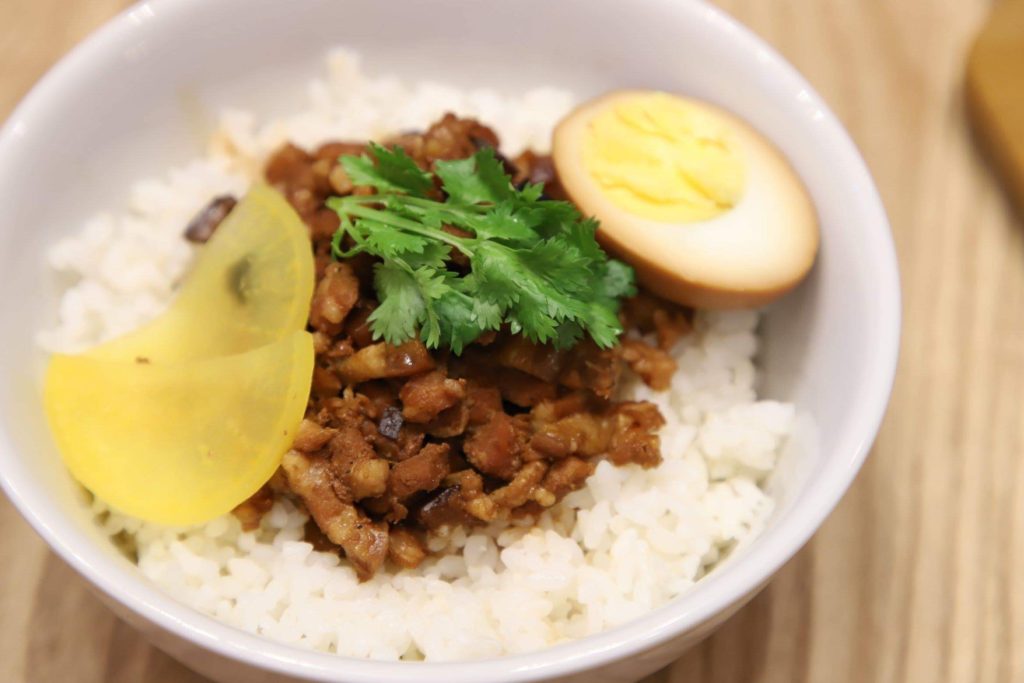
Eggs don’t need to be refrigerated, but keeping them cold does help prolong their shelf life—up to three weeks more than if left unrefrigerated. If you do store them in the fridge, keep them next to the milk and away from the door. It’s best for them to stay constantly cool because if they start to get warm, the condensation that forms from the sudden change in temperature can compromise the shell’s protective barrier. If this happens, it’s best to use the eggs immediately.
Raw Meat and Poultry
Raw meats are particularly prone to proliferating bacteria, so they should be handled with care and kept away from other foods. If you’re not going to cook them yet, freeze them immediately. Frozen meats can be stored indefinitely, though their quality can deteriorate the longer they are frozen. If there is a blackout, avoid opening the freezer to help preserve the cool temperature within. It is best to throw out anything that is no longer frozen when the electricity resumes as this may mean its freshness has been compromised.
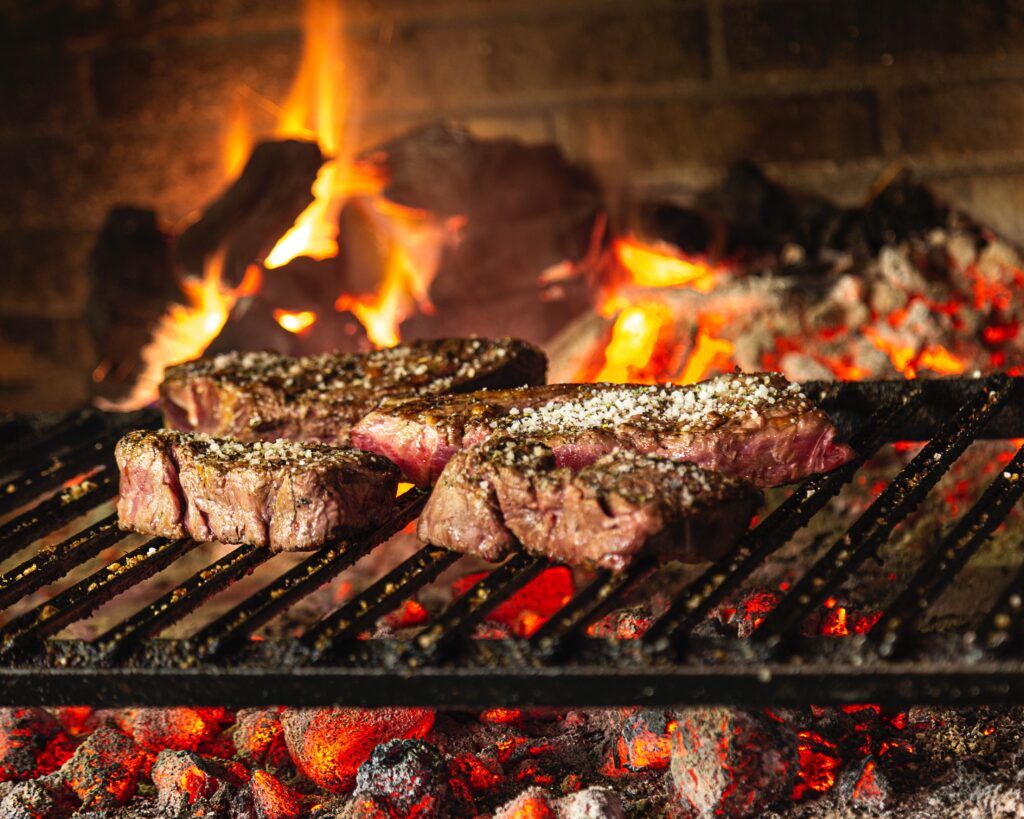
When it comes to food, smell and sight aren’t your only guides to determining food safety. In fact, there are many instances wherein deterioration isn’t evidenced by a bad odor or change in appearance. If you have any doubts about the freshness of your food, it is best to err on the side of safety and simply throw it out.
Such a great information about food storing! Thanks for sharing with us.
The Sniff Test is safer than tasting something to decide if it’s past its prime, but it’s not foolproof. Not all germs make food smell or taste bad. It’s best to label and date food in your fridge and freezer so you know how long you’ve had it. If there’s any question, toss it: “When in doubt, throw it out.”
This is such great information! I never know how long to keep different items safely. Rice is really popular in our house, but sometimes I forgot to put it in the fridge, so then we always just have to throw it out.
This is a fantastic guide! I know I’m never really sure when to throw certain things out.
I’m so glad I read this. I’ve been keeping all my food way too long. I’m surprised I haven’t gotten sick!
The most important thing to prevent spoilage is to cook /prepare dish that you’re sure to consume (together with your family). Remember, not to eat spoiled food as this may affect your health.
These are great tips especially for us Filipinos who love to cook food items in big batches.
These are all good pieces of advice. I hate food wastage, so instead of storing left overs and eventually forgetting about them in the fridge, I recycle them into an entirely different dish. Like left over rotisserie chicken would be chicken sisig the next day. 🙂
These are all great tips for when to keep or discard common food items. I honestly never thought about the importance of discarding an egg if it has a minor crack!
I guess my husband is more paranoid about food storing than me. But your article is great and I’m going to use some of your tips.
Ooohhhh….thanks for the tip on the eggs! I didn’t know about that, eh!
These are some great tips! Will save for later, thank you <3
Interesting about the rice. In the U.K. we are taught not to reheat rice due to food poisoning:
Rice is great to keep for a couple of days. I am very safe about eggs, meat, and fish. If it looks even a little off, I don’t keep them around.
Great article, thanks! How does it work with supplements, I have loads of them and also detox powders and am not sure where to keep them, either in the fridge or out. Bought most of them on vitaminexpress and I’m never sure if I should put supplements in the fridge or out?
We have stocks of these products. Thanks for reminding us about this matter, it’s really helpful.
Great tips, we eat vegan in my house so don’t have much food waste. The egg tip was very interesting and helpful to know!!
I didn’t know about rice and this is so helpful…I always err in being cautious and usually eat everything fresh.
Thanks for this! I got more idea about how to properly keep our foods. I used to waste foods before because I didn’t check the expiration date when buying.
Some folks keep things for entirely too long. Then, of course, there are other folks who throw things out well before they need to.
This is so helpful. I have friends that need to read this because they keep things way too long.
Thanks for the guide. I’m so bad at storing food though, this was helpful
In Japan, eggs have an expiration date. Usually, best is 4-5 days but I keep them in the refrigerator to prolong their shelf life
This is a really helpful guide for someone who doesn’t know much about storing food. Thanks for sharing
Great tips for keeping our food safe and avoiding food poisoning.
Love this list.. This is an ongoing debate we have in our household
Carefully date leftovers and keep them at the front of the refrigerator where you can see them and use them right away. Discard all leftovers after four days. Remove as much air as possible from storage bags to keep foods fresh longer. The less you handle food, the better.
I used to be so about food. I’d err on the side of caution and throw out too early. I’m getting better.
My wife is fond otfleaning the egg with flowing water before these occupy their rightful place inside the ref. Now, I know that it is bad, I will tell her not to clean with water but wipe the eggs instead with paper towel or dry cloth towel.
I always wonder about this. I like to save food for as long as possible but it is also important to be safe.
I needed to read this. We always have leftovers in my house and knowing exactly what to do with them is sometimes a hassle.
These are really helpful tips. Sometimes i refrain stocking items too much.. Especially for items that you don’t consume on a regular basis. For fresh meat, my mom normally buy stocks that are good for a week. Also we don’t store fish… We had a horrible experience to it haha